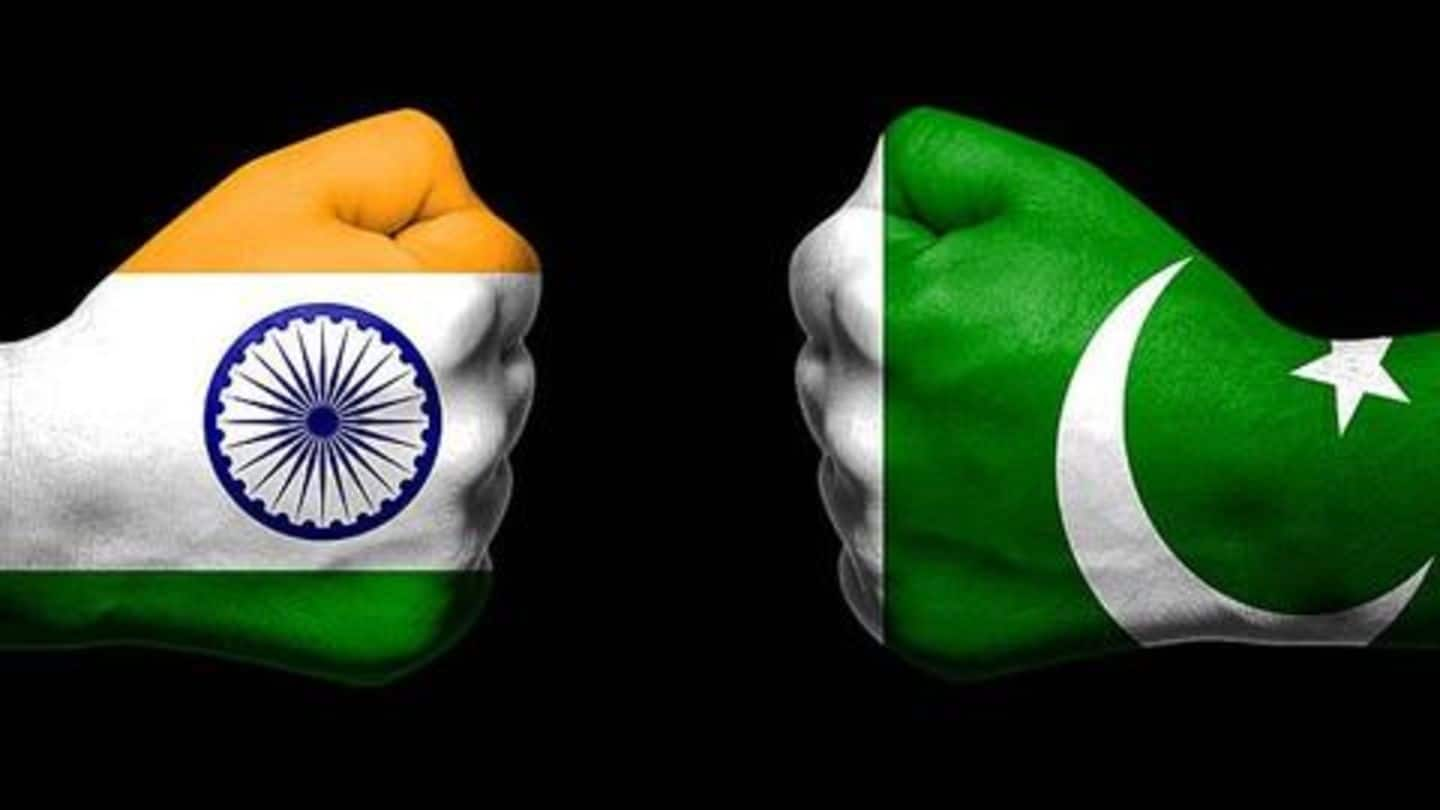
Kashmir issue: UN rejects Pakistan's appeal for intervention
What's the story
The United Nations on Thursday asked India and Pakistan to exercise "maximum restraint" on the Kashmir issue and reminded that the dispute should be solved bilaterally following the 1972 Shimla Agreement. UN Chief Antonio Guterres' spokesperson Stephane Dujarric said the former knew what was happening. He asked the South Asian neighbors to not take steps which could affect J&K's status. Here's more.
Tensions
Quick recap: India revoked Article 370, Pakistan saw red
New Delhi's move to withdraw the special status of J&K has upset Pakistan. Calling the move "illegal", Pakistan said it would seek UN and UNSC's intervention. In a bid to lodge "protest", Pakistan downgraded diplomatic relations, expelled Indian envoy, suspended trade, and army chief General Qamar Javed Bajwa went as far as saying that the military will go to "any extent" for Kashmir struggle.
Statement
Reminding of Shimla Agreement, UN Chief batted for peaceful solutions
However, it seems Pakistan's pleas went unheard. Revealing Guterres opinion on Kashmir, Dujarric specifically said he remembers the deal. "The Secretary-General recalls the 1972 Agreement on bilateral relations between India and Pakistan, also known as the Shimla Agreement, which states that the final status of Jammu and Kashmir is to be settled by peaceful means, in accordance with the Charter of UN," Dujarric added.
Details
Interestingly, UN Chief didn't offer to mediate
In fact, Guterres didn't offer to mediate between India and Pakistan too. He said the UN's position on the region was governed by its Charter and was also applicable to Security Council resolutions. Dujarric said Guterres and UN Secretariat were following developments closely. The UN Secretariat was in touch with both India and Pakistan officials and Permanent Missions of India and Pakistan, he said.
Quote
Concerned over reports of restrictions: UN
Further, Dujarric said, "The Secretary-General was concerned over reports of restrictions on the Indian-side of Kashmir, which could exacerbate the human rights situation in the region".